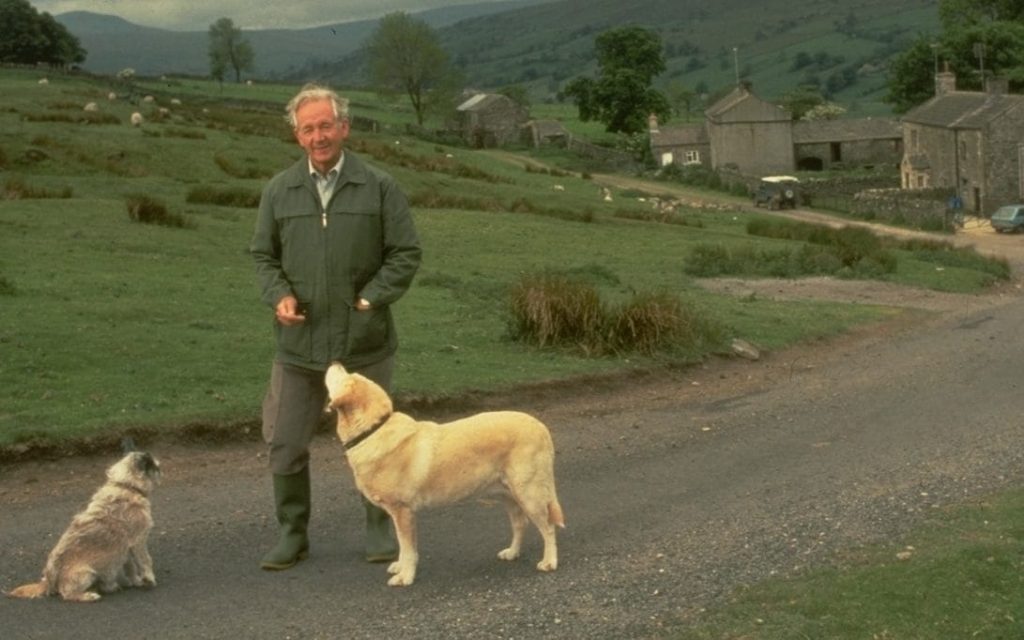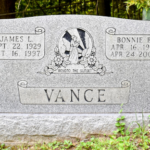Blog Post
James Herriot and the Desire for Home
By Jonathon Van Maren
Thanks to the new PBS show All Creatures Great and Small, there has been a surge of interest in the books on which the series is based: the stories of Alf Wight, better known by his pen name, James Herriot. Herriot’s books about life as a vet in the Yorkshire Dales in the 1930s, ’40s, and ’50s have been republished with new covers, and the TV series has received rave reviews (“pastoral perfection,” “a return to simpler times”). The consensus is that amid the frenetic news cycle and the pandemic, Herriot’s hilarious, warm, and touching tales of the people and creatures of another time and place are precisely what the doctor ordered.
But there is more to it than that. Herriot’s stories encourage not only nostalgia, but also a subconscious desire for home. His stories are rooted in a real place. After he arrived in the Dales in 1940 to begin working as a vet, Herriot fell in love with Yorkshire. “At times,” he wrote, “it seemed unfair that I should be paid for my work; for driving out in the early morning with the fields glittering under the first pale sunshine and the wisps of mist still hanging on the high tops.”
Herriot never left the Dales, even when it was in his financial interest to do so. His son James Wight—also a vet—told me that Herriot was one of the only famous British writers who stayed in the 1970s. “He was paying tax at 83 percent and 98 percent of investment income. His accountant said to him: You’ve written five books for the tax man, and one for yourself.” But he simply didn’t want to leave home. Herriot sold 60 million books—and stayed right where he was until his death in 1995. “He went abroad for awhile to see what it was like, and then came back to Yorkshire. He just liked the life he had. His fame never changed him.”
It is this rootedness, this sense of place, that people find so attractive about Herriot’s work. COVID-19 has, in some places, triggered an exodus from the city for the countryside. Some have discovered, upon being forced to stay home, that they don’t really have one. In these turbulent times, people want something solid and meaningful to hang onto.
Herriot’s values, Wight told me, had nothing to do with comfort and everything to do with gratitude. One story he recalled summed it all up.
One day, high up on a hill farm where the soil was thin and rocky and it was nearly impossible to grow anything, Herriot was standing outside the barns, admiring the view. The farmer grumbled to him about how difficult it was to make a living, and Herriot responded: “Well, George, where else in the world do you get a view like that? That must be worth something.” The old fellow replied: “Aye, but the view’s not very sustainin’.” Both men, of course, were right. “Every single penny the farmers made was made with blood,” Wight said.
READ THE REST OF THIS COLUMN AT FIRST THINGS








